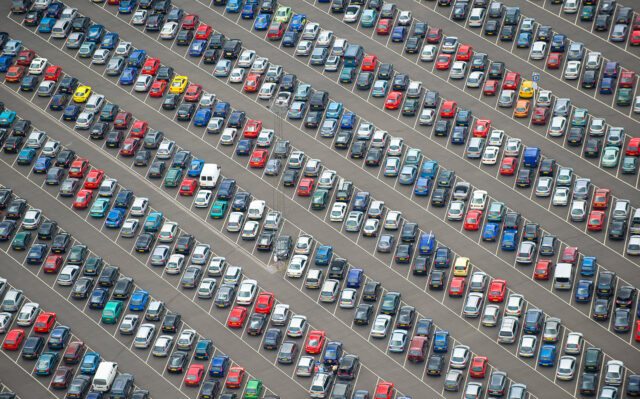
Maintaining the best car park possible in order to better welcome, host and protect the vehicles that stay there is important. With the right location, a large number of car parks receive a steady stream of business that can pay off handsomely.
All it takes is for the people who use your car park to feel confident that their vehicles are in safe hands.
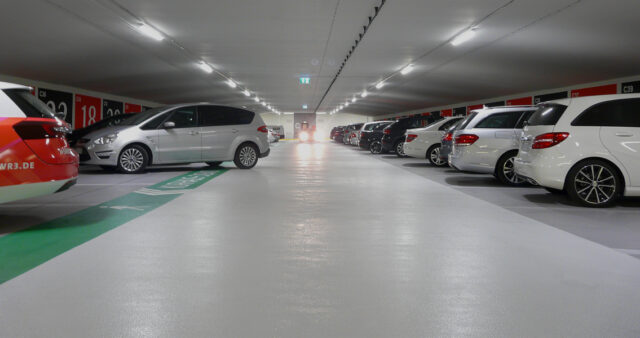
Even if you aren’t in the car park business but have an area on your property that hosts employee vehicles, good security and safety are essential. So, whether it’s just making sure that you’re signposting your rules effectively or finding safe and sturdy security posts to protect your vehicles, here are the 5 things that every car park needs. For more information about those security posts can be found on this website: barriersdirect.co.uk
A Suitable Amount of Space
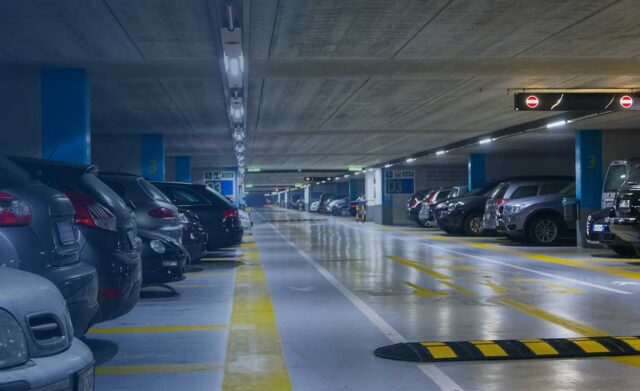
First things first, your car park plans need to acquire a decent amount of space that is suitable for what you want to build. Not only should it be a sizable plot of land that has plenty of marginal room, but it should also be in the right location. Some of the main questions you need to ask yourself when choosing your plot are:
- Is it the right size for the volume of spaces?
- Does it have multiple access points?
- Is it in a safe and secure location?
- Is there plenty of opportunity for car-owners to use it? Ie. Are there amenities and facilities nearby?
Full Legal Permission
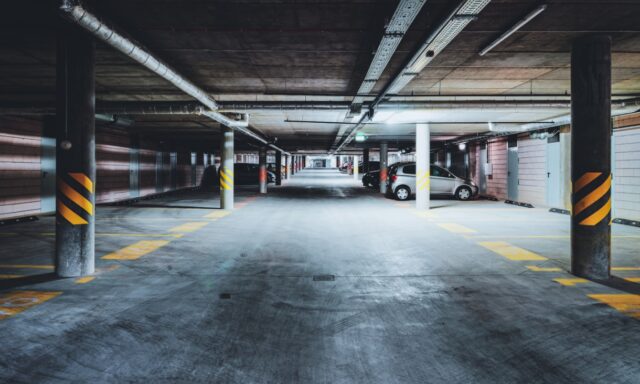
After you’ve made the final decision on the plot, next you need to gain full legal permission for your plans. To do so, get in contact with your local government authorities and submit your plans with full details. Remember that the process can be lengthy, so to improve your chances of being accepted, make sure your plans:
- Do not pose a risk to the surrounding natural environment.
- Will not cause congestion or local traffic.
- Meet all UK car park regulations.
A Thought-Out Structure
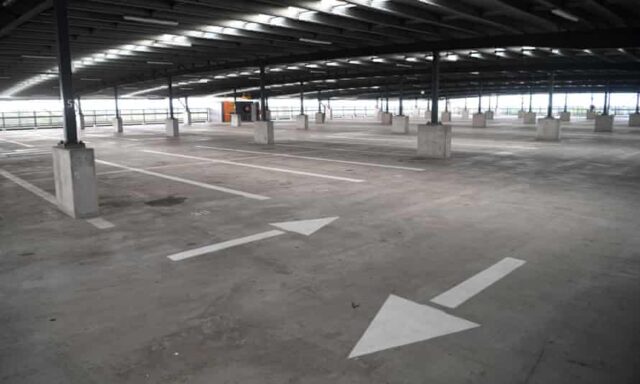
The plans for your car park need to be well-thought-out. Every single detail needs to be covered, most importantly the structure and layout of the spaces. After calculating the number of spaces that your car park can hold, you then need to think about who will use them and the types of spaces needed, including:
- Blue-badge disabled holders.
- Parent and child spaces.
- Electric-car ports.
As you’d expect, the blue-badge and parent and child spaces need to be well suitably located within the car park. Plus, for the best possible turnover of cars, it’s best to maximise the space creatively. Use what you have wisely!
Well-Lit Areas
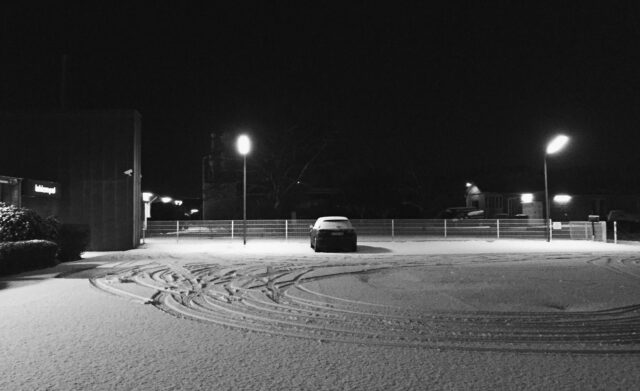
The way your car park looks in the day compared to how it may look at night can be the difference between a loyal customer and one who never returns again. It’s important to make sure that any lampposts within your car park are working effectively and that the cars are extremely well-lit.
Even if you’re located in a safe residential area, a pitch-black car park isn’t going to look safe enough for people to trust with their parking needs. You’d be surprised at how much more secure a well-lit area can seem to both patrons of your car park and potential criminals.
Arm Barriers
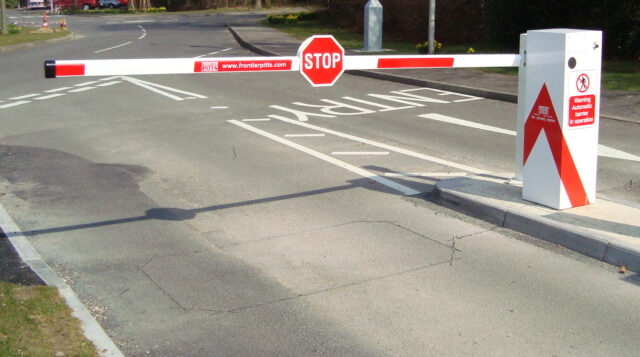
Every car park needs a secure arm barrier at its designated entrances and exits. Not only do automatic barriers like this provide extra security, but it helps to control the flow of people coming in and out of your car park during peak times.
And it’s not just a matter of security for your patrons. Arm barriers help to prevent customers from trying to get out of paying any late fees, parking fees, and any other potential issues.
Clear Signage
Clarity is important in the overall safety and security of your car park. Clear signs that communicate times, costs, and other safety requirements make everyone’s lives easier.
To make your car park function smoothly, use directional signs that guide the vehicles to their spaces. Once they’re in that space, be sure to clearly instruct on signs what the parking hours are, what the fees are, and other additional information.
CCTV Cameras
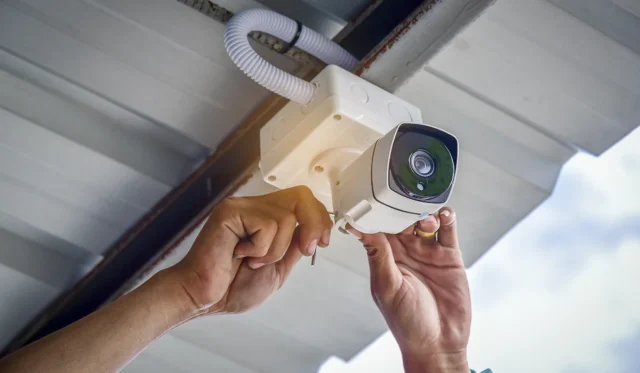
As one of the absolute essentials of running a successful car park, cameras and other security technologies are always going to be the biggest detriment to vandals and car thieves.
Make your cameras visible and signpost them to ward off criminals, and keep better track of the coming and going of your customers with CCTV.
Security Posts
Security posts not only help to seal off spaces to ensure privacy and better security, but they also help to secure parking spaces and avoid potential mix-ups.
At Barriers Direct, we offer a range of sturdy security posts that can only be unlocked and removed with a key. Whether you’re in need of posts that secure deep into the concrete or foldable security posts, we provide strong protection from car park hazards to keep your vehicles safe and your customers content.
High-Speed Internet
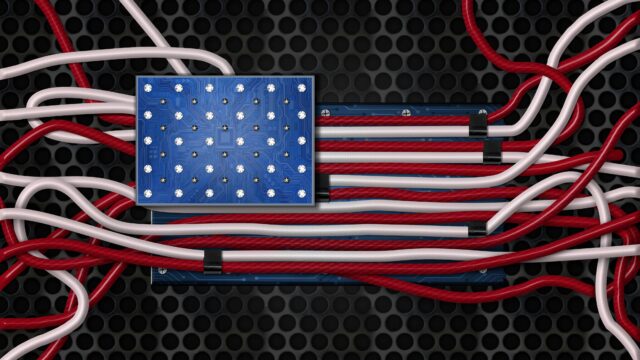
This one may come as a surprise, but your car park will need access to reliable and high-speed internet in order to power your car park’s security systems and barrier machines. So always make sure you use a good-quality utility provider. Car park owners can now also utilise state-of-the-art technologies and solar-powered smart systems to improve the efficiency of their car park operations.
Dedicated Staff
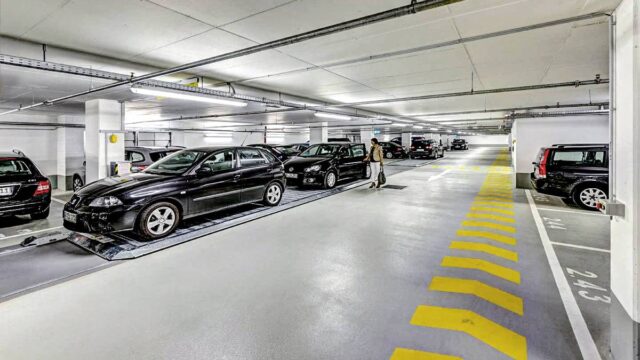
Once you have all the right equipment and the car park build has started to come together, next you need to think about the staff who will keep it running smoothly when it opens. Now we know what you might be thinking: “Surely a car park basically runs itself and barely requires any staff, right?” Well, if your car park is particularly large, you’ll be surprised at how many workers it takes to keep it ticking over.
Depending on the size of your car park and the facilities it has, the staff you’ll need to hire might include:
- Ticket barrier operators.
- Ticket inspectors and patrol staff.
- Security guards.
- Customer service help desk staff.
- Cleaners and maintenance.









